Hello bird lovers! 🕊️
Pigeons (Columbidae family) have lived alongside humans for thousands of years. Often misunderstood as “city birds,” pigeons are actually intelligent, affectionate, and surprisingly easy to care for as pets. They are one of the oldest domesticated bird species, valued historically for their homing ability, companionship, and symbolism of peace. Today, many families around the world still keep pigeons as pets, racing birds, or show birds.
In this review, we’ll explore everything you need to know about pigeons—from their personality and care requirements to affordability, availability, and whether they might be the right pet for you. Whether you’re curious about raising them in a loft, keeping one as a house companion, or simply fascinated by these iconic birds, this guide will provide the knowledge you need to make an informed decision.
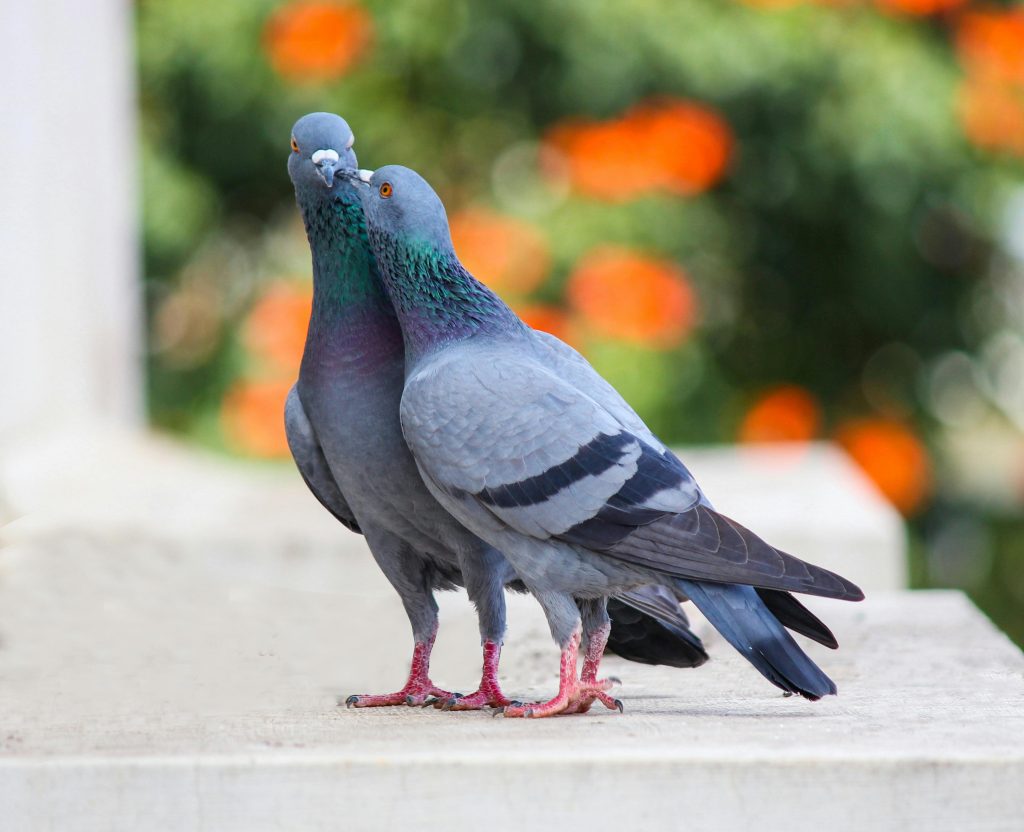
Overview
Pigeons are medium-sized birds that have been domesticated for centuries. They are highly intelligent, social, and adaptable, capable of bonding deeply with humans. Unlike parrots, they are quieter and less demanding, but they thrive on regular companionship and care. Here’s a quick summary of what makes them stand out:
- Handling and Temperament: Affectionate, calm, and social. Can be hand-tamed easily.
- Care and Maintenance: Moderate—need proper housing, hygiene, and a balanced diet.
- Health and Durability: Hardy, but require preventive care and parasite control.
- Availability: Widely available through breeders, rescues, and pigeon clubs.
- Cost: Affordable both to purchase and maintain.
- Overall: A gentle, loyal pet bird suitable for families, hobbyists, and even beginners.
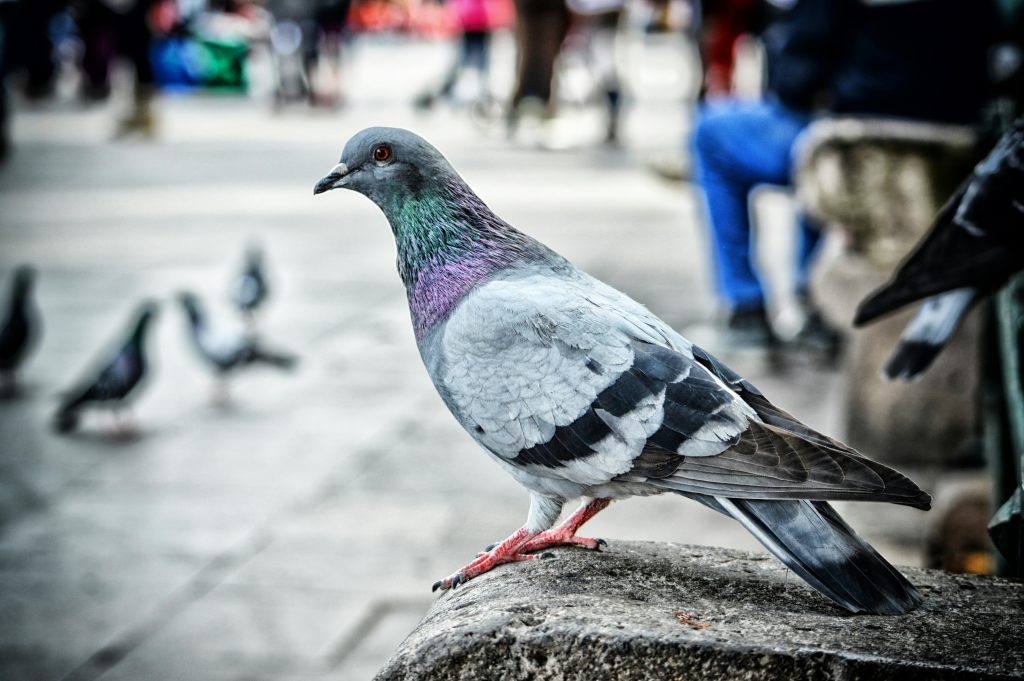
Why Choose a Pigeon?
Pigeons make wonderful pets for those who want a calm, low-noise companion. Unlike parrots, they do not scream, chew destructively, or require constant entertainment. Their intelligence allows them to recognize faces, respond to training, and even show affection in subtle ways.
Historically, pigeons were used as messenger birds and racing champions, and some breeds have been developed purely for beauty and shows. Keeping pigeons can be a rewarding hobby that brings relaxation and joy. They also have the advantage of being relatively easy to maintain compared to other exotic birds.
Pigeons are ideal for:
- Families who want a pet bird with a gentle temperament.
- Apartment dwellers who need a quiet, clean pet.
- Bird enthusiasts interested in racing, showing, or breeding.
- People looking for a loyal and affectionate companion.
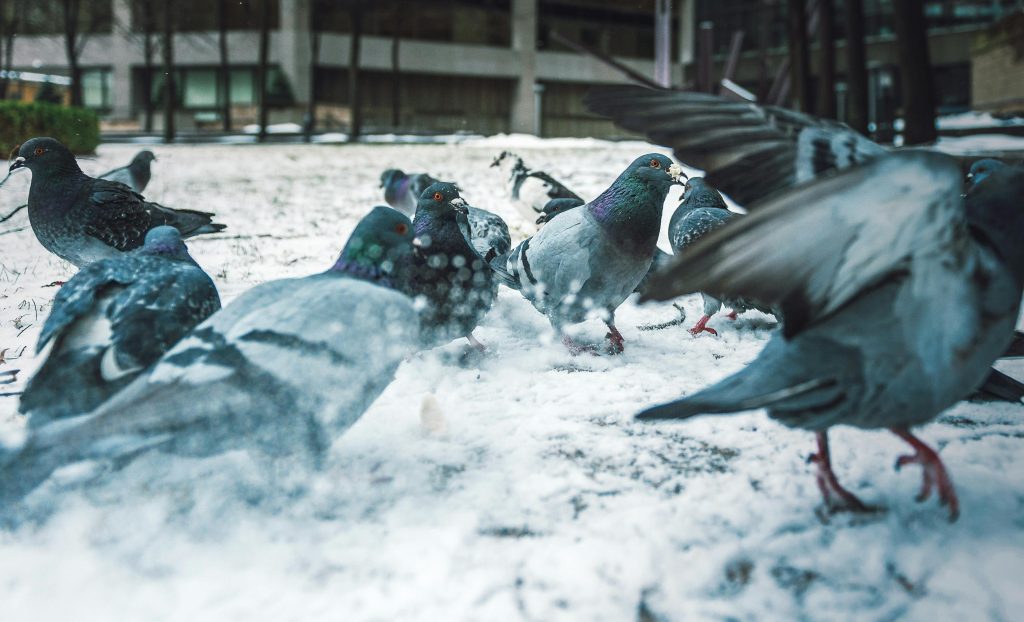
Handling and Temperament
Pigeons are among the most affectionate and calm pet birds. They form strong bonds with their keepers and can even recognize and remember faces.
Personality Variations
- Tame pigeons: Hand-raised or domesticated pigeons become very tame, enjoy sitting on shoulders, and may seek gentle petting.
- Wild or feral pigeons: Usually wary of humans, though rescued or hand-fed individuals can also learn to trust over time.
- Breeds differ: Fancy breeds (like Fantails or Pouters) are often calmer, while homing pigeons may be more active and alert.
Handling Tips
- Handle gently and regularly to strengthen trust.
- Support their body when holding them; pigeons feel more secure when perched on a hand or arm.
- Avoid rough handling, especially by children, as pigeons are sensitive to stress.
Biting and Behavior
- Pigeons rarely bite. If they do, it’s more of a soft peck rather than a painful bite.
- They communicate affection by cooing, bowing, or preening their keeper’s hair or clothing.
- Males may display “courting dances,” especially during breeding season.
Overall, pigeons are affectionate, calm, and social—traits that make them excellent companion birds.
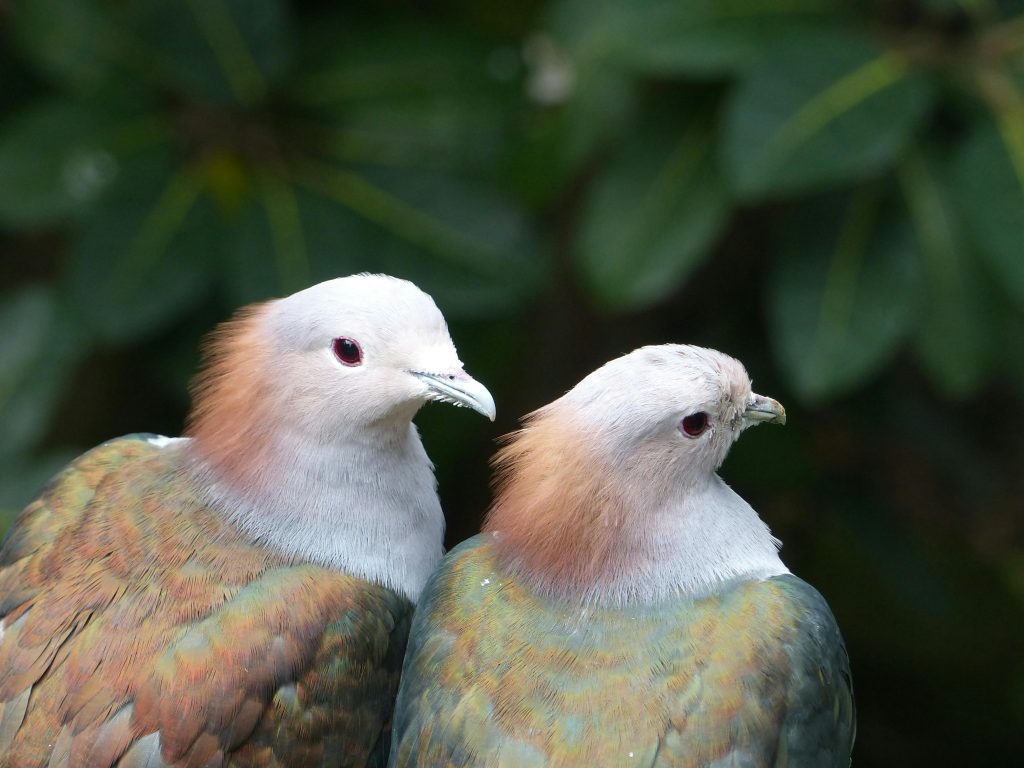
Care and Maintenance
Pigeons are relatively easy to care for, but like all pets, they need proper housing, nutrition, and hygiene.
Enclosure Setup
- Loft or Cage Size: A single pigeon can live indoors in a spacious cage (minimum 24 x 24 x 24 inches), but outdoor lofts are preferred if keeping multiple pigeons.
- Flying Space: Pigeons thrive when they have space to fly. An aviary or safe outdoor area is highly recommended.
- Bedding/Substrate: Straw, hay, or wood shavings work well. Replace frequently to maintain hygiene.
- Perches and Nesting Boxes: Provide sturdy perches and at least one nest box per pair if breeding.
Hygiene
- Clean cages or lofts at least once a week.
- Replace food and water daily to avoid contamination.
- Bathe pigeons regularly or provide a shallow bath dish—they enjoy bathing to keep feathers healthy.
Diet and Feeding
- Seeds and Grains: Commercial pigeon seed mixes containing corn, wheat, millet, and peas form the base diet.
- Pellets: Specialized pigeon pellets ensure complete nutrition.
- Greens and Fruits: Offer spinach, kale, or chopped vegetables in moderation. Avoid avocado, chocolate, and caffeine as they are toxic.
- Grit: Essential for digestion, as pigeons use grit to grind food in their gizzard.
- Water: Fresh, clean water must always be available.
Feeding Schedule
- Feed twice daily—morning and evening.
- Adult pigeons eat about 30–50 grams of food per day, depending on breed and size.
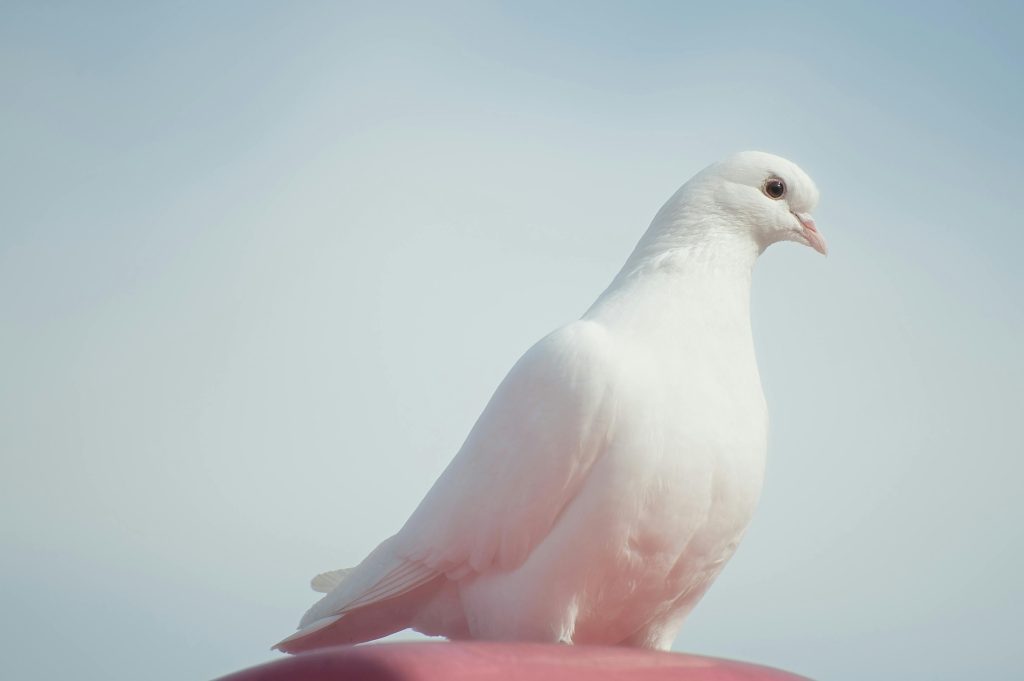
Health and Durability
Pigeons are hardy birds, but they can develop health issues if their environment or diet is neglected. With proper care, pigeons can live 10–15 years on average, though some have been recorded living up to 20 years.
Common Health Issues
- Parasites: External mites and internal worms can affect pigeons if not treated.
- Respiratory Problems: Poor ventilation or exposure to drafts can cause respiratory infections.
- Canker (Trichomoniasis): A common parasite-caused illness in pigeons.
- Injuries: Outdoor pigeons may suffer wing or leg injuries from predators.
Preventative Care
- Provide regular deworming and parasite treatment.
- Keep housing clean and well-ventilated.
- Quarantine new birds before introducing them to a flock.
- Consult an avian vet if unusual symptoms appear (loss of appetite, fluffed-up feathers, lethargy).
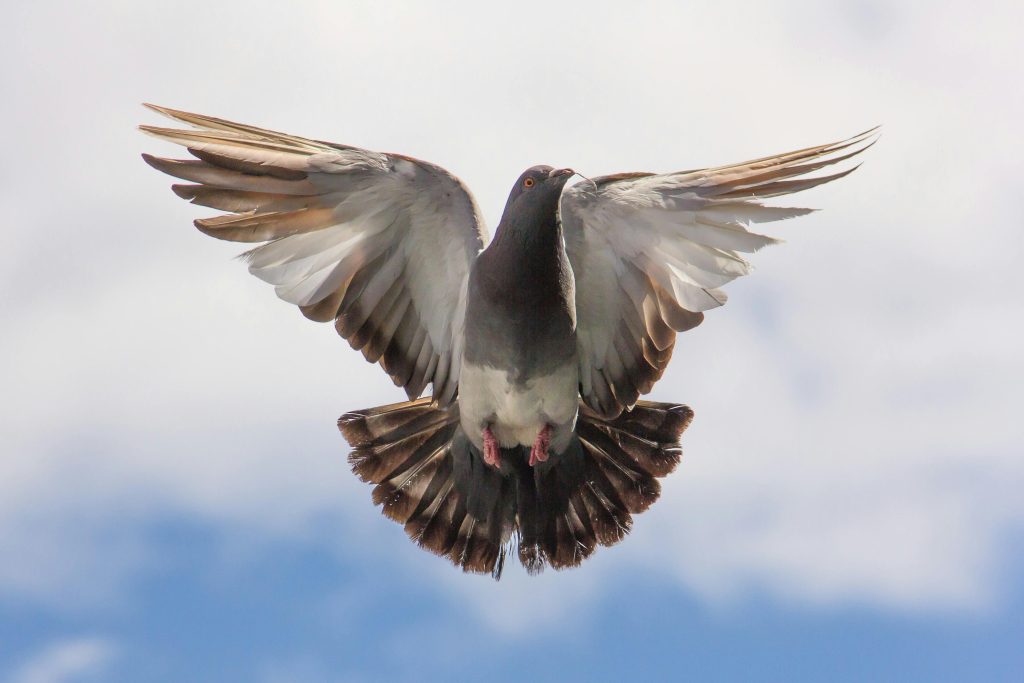
Availability and Cost
Pigeons are widely available worldwide. From local breeders to pigeon racing clubs, finding a healthy bird is relatively easy.
Where to Buy
- Breeders: The best source for healthy and well-raised pigeons.
- Pigeon Clubs and Expos: Great places to find specific breeds and connect with other enthusiasts.
- Rescues and Sanctuaries: Many injured or abandoned pigeons need homes.
- Pet Stores: Some carry pigeons, though quality and care may vary.
Cost
- Pigeon Price: Common domestic pigeons cost between $20–$50. Fancy or rare breeds (like Jacobins, Pouters, or high-quality racing pigeons) can cost anywhere from $100 to several thousand dollars.
- Setup Cost: Indoor cage setup may cost around $100–$200, while a large outdoor loft can cost $300–$1000+ depending on size and materials.
- Maintenance: Monthly feeding and care expenses usually range from $20–$40 per bird.
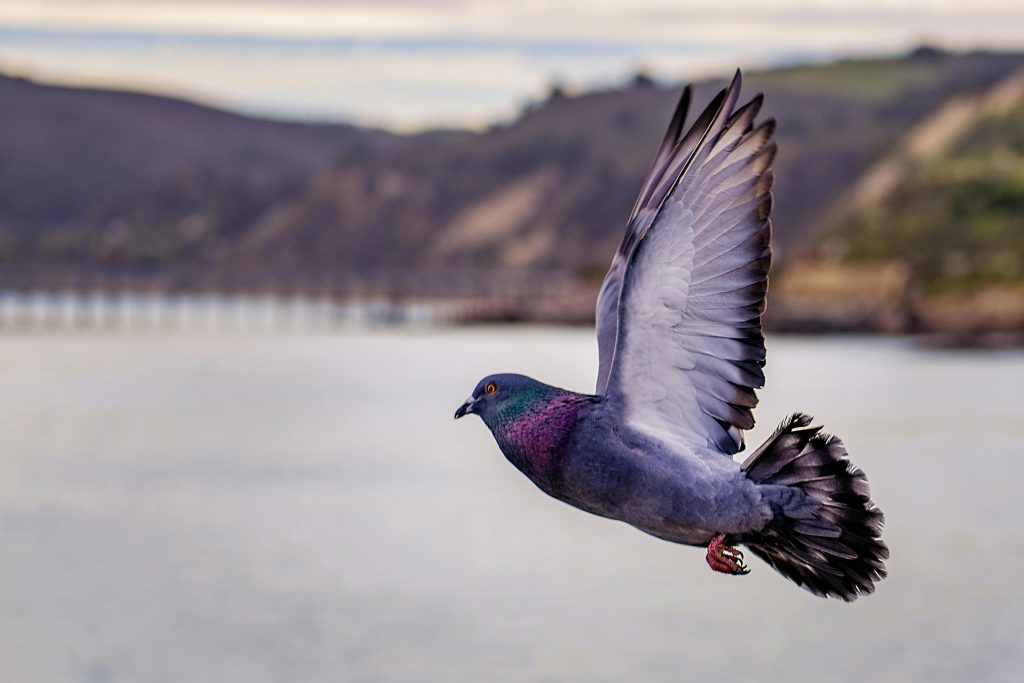
Pros and Cons
Pros
- Gentle, affectionate, and easy to tame.
- Quieter than parrots or cockatiels.
- Affordable and widely available.
- Long lifespan of 10–15 years.
- Low maintenance compared to exotic birds.
- Can be kept indoors or outdoors.
Cons
- Require regular cleaning to prevent mess and odor.
- Need daily feeding and social interaction.
- Can be messy when flying indoors.
- Vulnerable to predators if kept outside.
- Not as colorful or talkative as parrots (may not appeal to everyone).
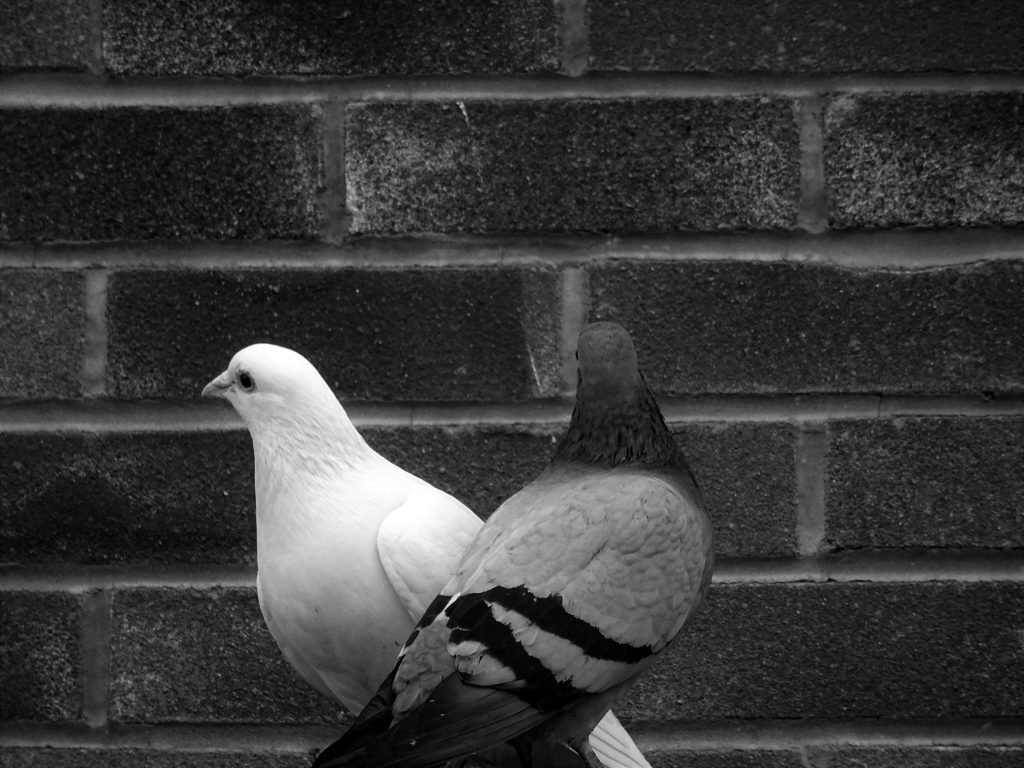
Final Thoughts
Pigeons are often underestimated, but they are among the most affectionate, intelligent, and loyal birds one can keep as pets. Their calm nature, ease of care, and ability to bond with humans make them a perfect choice for families, bird enthusiasts, or anyone looking for a gentle feathered friend.
While they do require regular cleaning, proper diet, and attention, the rewards of companionship are well worth the effort. Whether kept indoors as a companion bird or outdoors in a loft as part of a larger flock, pigeons have proven for centuries to be one of humanity’s most dependable and endearing animal companions.
For those considering a pigeon, we highly recommend connecting with breeders or clubs to learn more and meet these remarkable birds in person. Once you experience their gentle coos and affectionate nature, you may find that pigeons are not just pets—they are lifelong companions.
Have you spent time with pigeons or even cared for them? Share your experiences below—we’d love to hear your stories and insights!
For more exotic animal care reviews and guides, stay connected with our blog. 🕊️

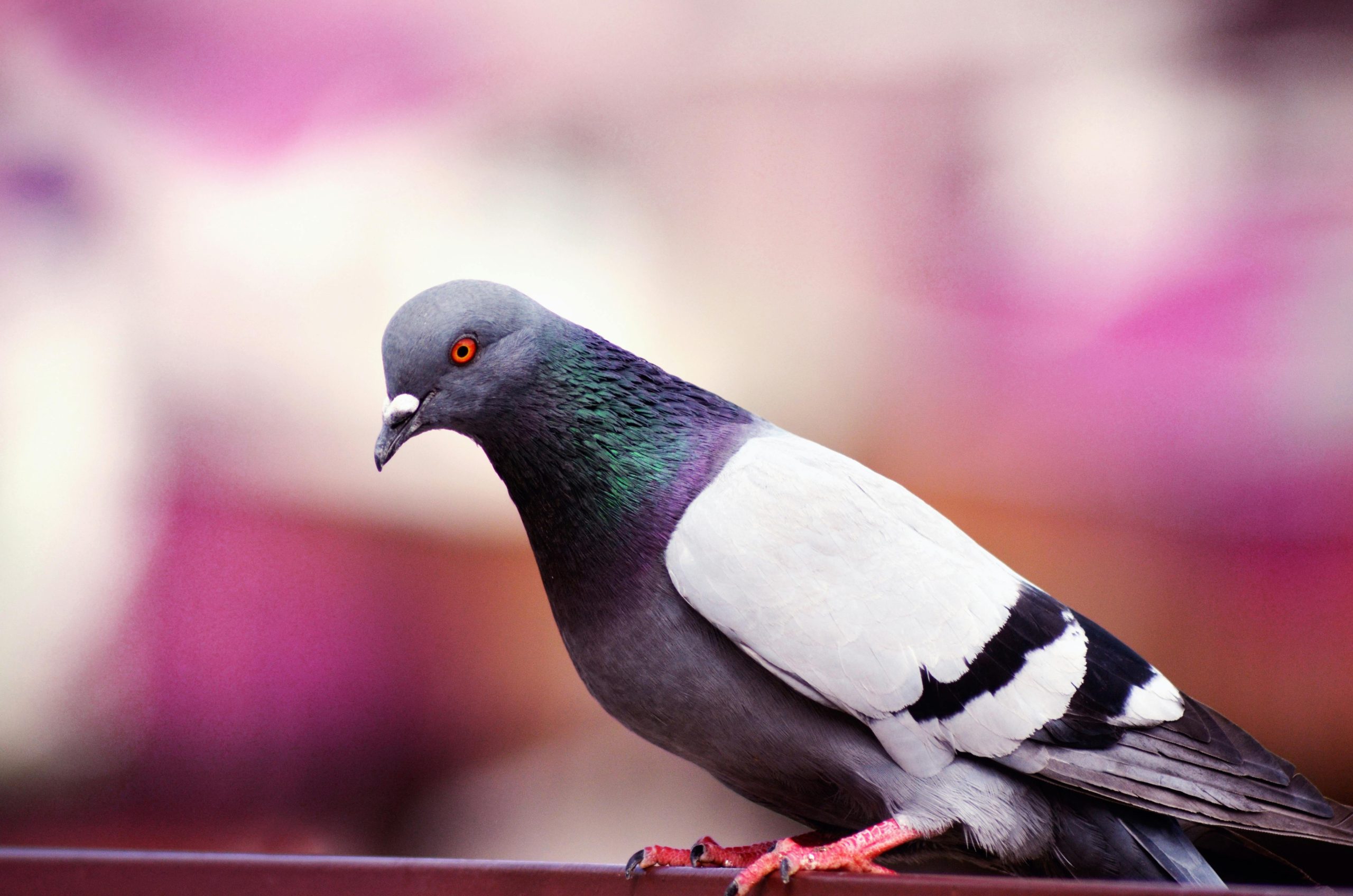

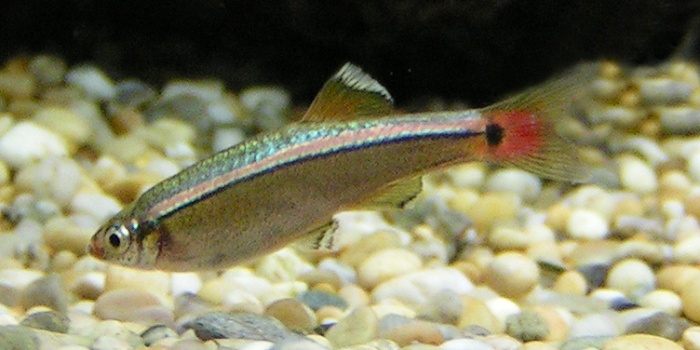
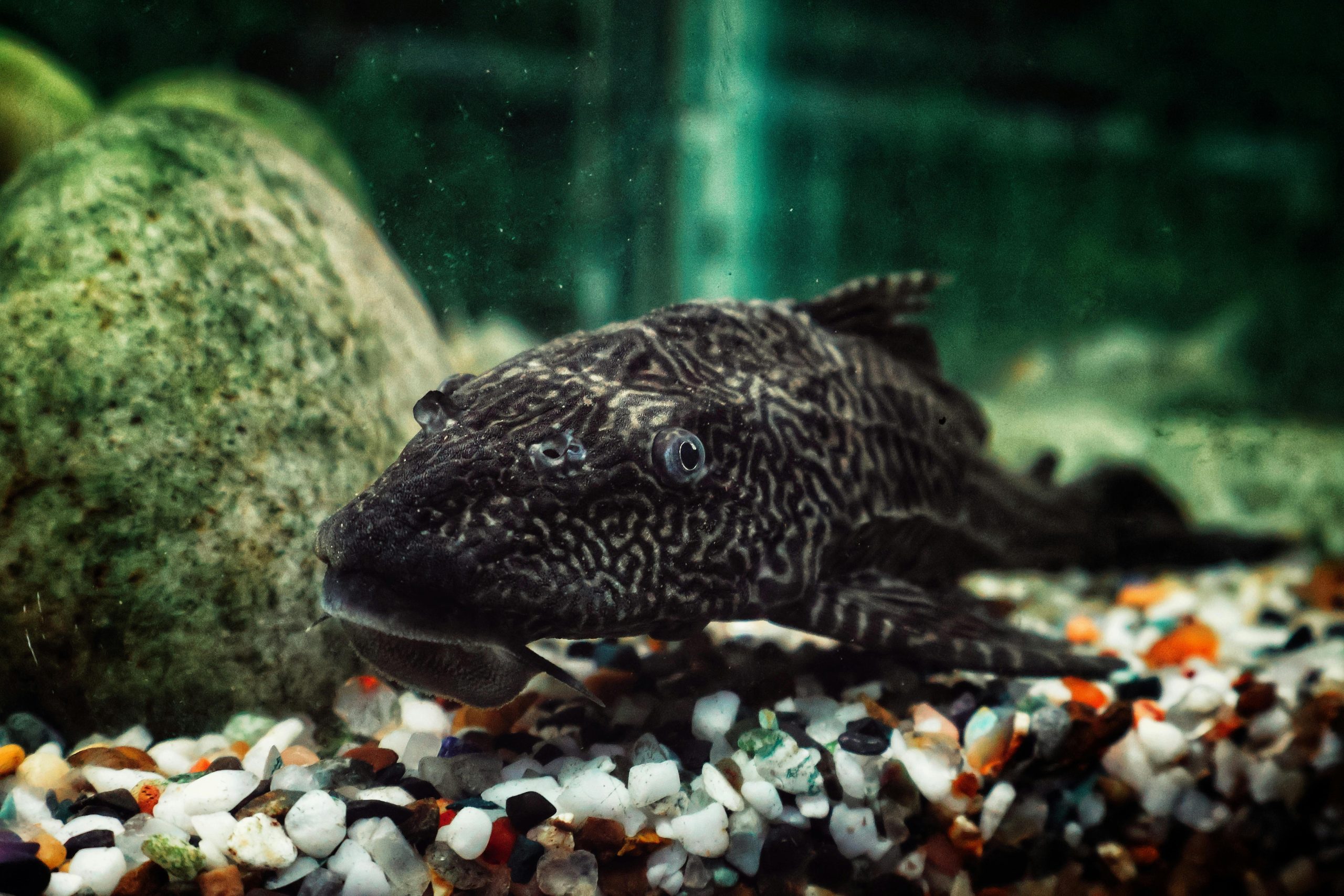
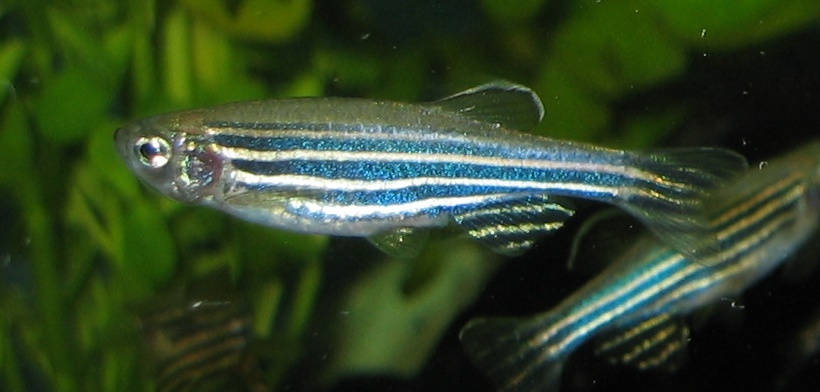
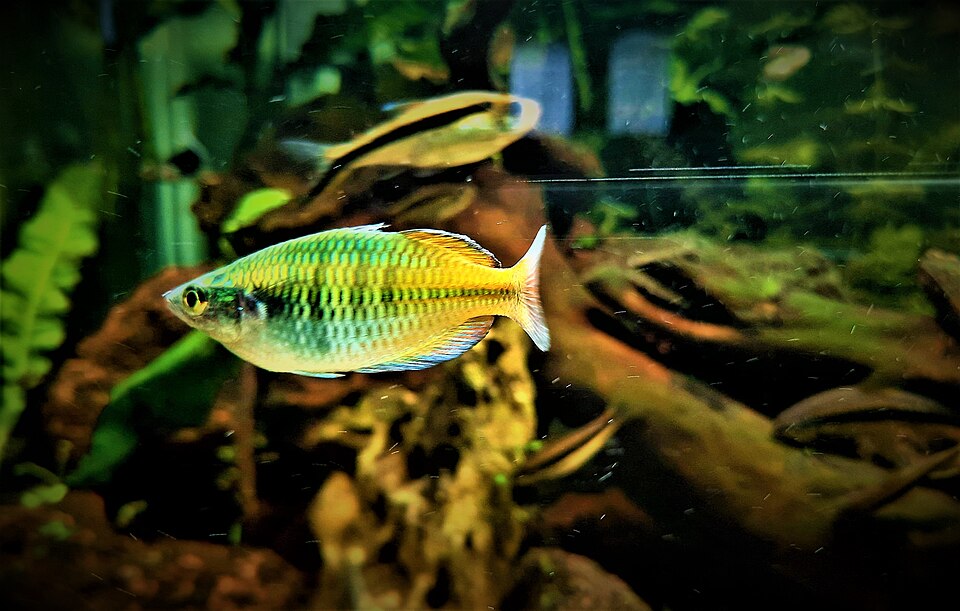
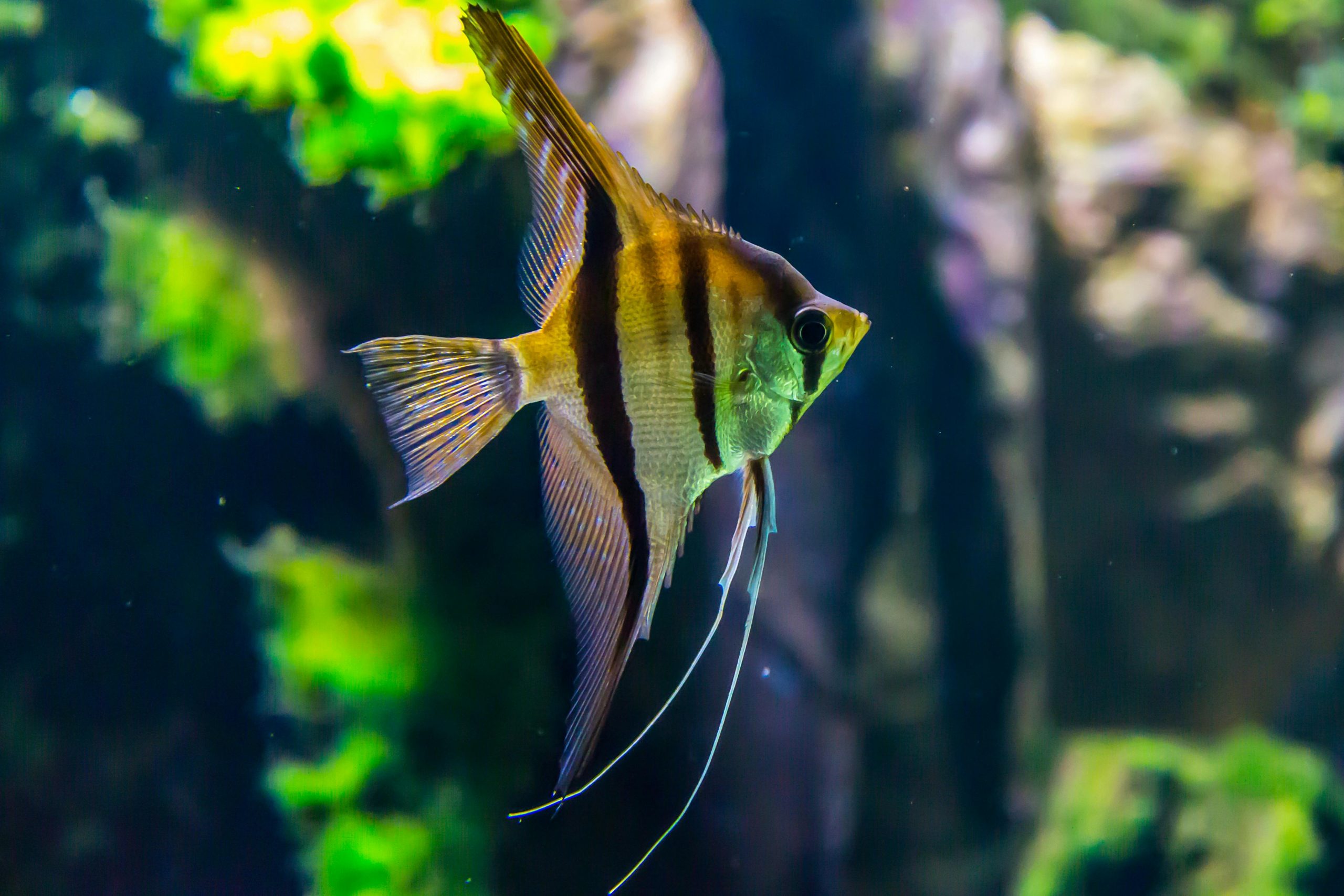
Leave a Reply